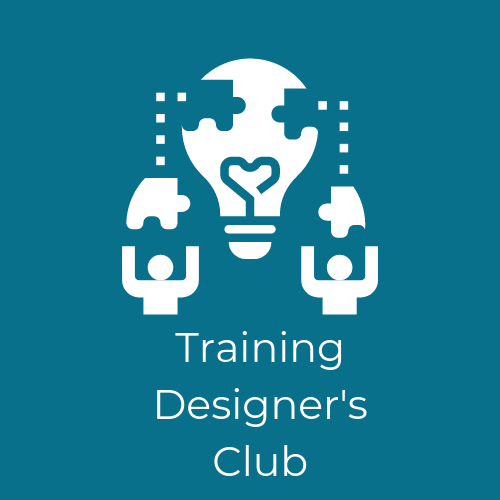Psychological safety is a topic that is gaining interest as it underpins so many aspects of performance and satisfaction. It’s not something that we can ‘train’ people to implement – all we can do is help people to understand what it is, why it matters and contributes to its presence (absence).
Here are some resources that might help…
Here are usful articles..
https://www.predictiveindex.com/blog/psychological-safety-in-the-workplace/
https://www.betterup.com/blog/why-psychological-safety-at-work-matters
https://blog.jostle.me/blog/psychological-safety-at-work
https://www.ccl.org/articles/leading-effectively-articles/what-is-psychological-safety-at-work/
https://hbr.org/2020/08/how-to-foster-psychological-safety-in-virtual-meetings – specific to virtual environments
Here are some nice Infographics…



Exercises to explore psychological safety..
Think Differently (choose a subject like working remotely, flexible working etc)
The Way I see it – a series of statements that are emotional e.g. Teenagers have no respect, Social Media does more harm than good etc. Everyone must express an opinion and you can hold 3-minute debates (not for the feint-hearted!)
Some creative thinking exercises – to come up with increasingly wild (yet relevant) ideas to solve a problem for example
Any exercise where a team has to work together to solve a problem yet some information is missing/contrary to see if people are willing to share that. If they don’t, why not? Or something like Project Eureka where people will draw different conclusions – are they willing to share a contrary view or challenge the conclusions of others?
It’s also worth exploring aspects of High Performing Teams especially the GPRI Model
And Trust is a key factor too
Videos
TEDX talk with Amy Endomndson https://youtu.be/LhoLuui9gX8
4 stages of psychological safety https://youtu.be/Enrosv7iLTE
Simon Sinek – why good leaders make you feel safe https://youtu.be/lmyZMtPVodo
